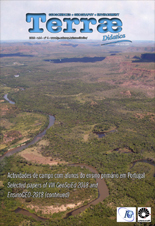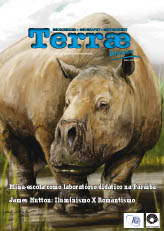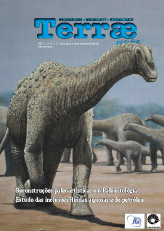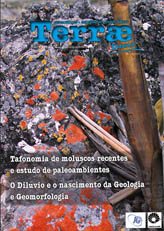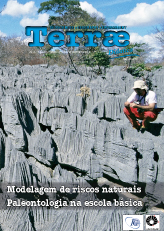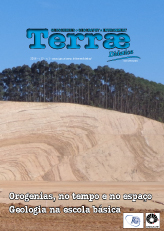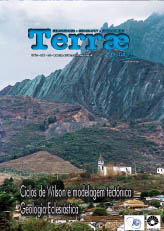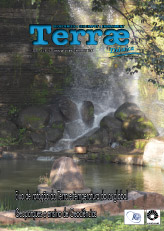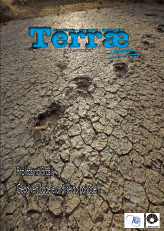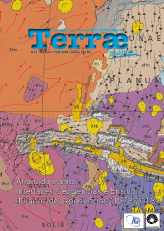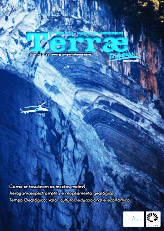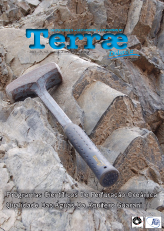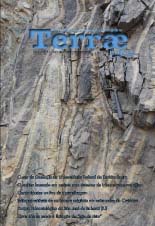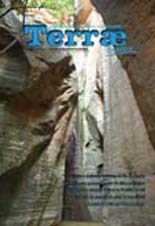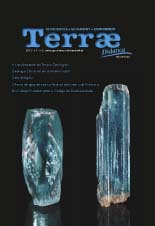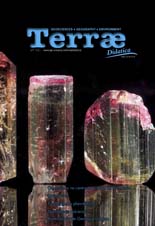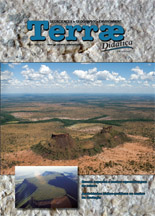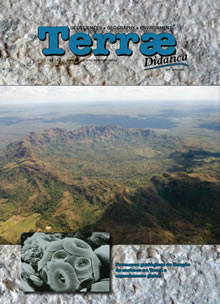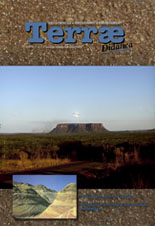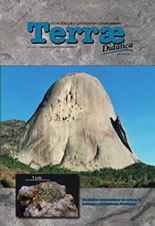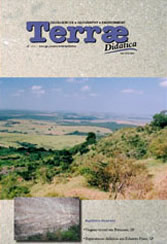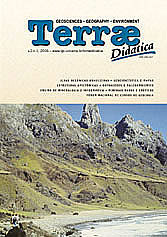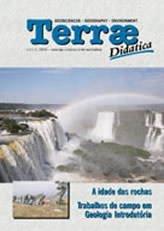Campinas-Brasil
ISSN 1980-4407

 ___________________
___________________ __
__
Volume 14, n2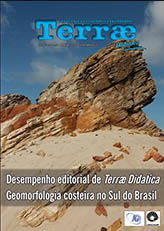
Volume 14, n1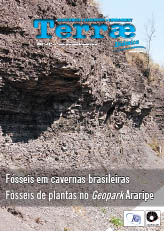
Volume 12, n3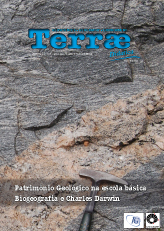
Volume 10, n2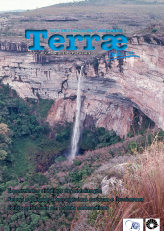
Volume 8, n2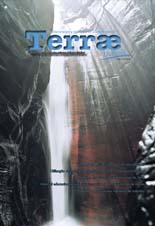
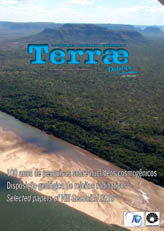
Geosciences in professional education: a comparative study between Brazil and Portugal
Gleise R. Bertolazi dos Santos
Geosciences Institute, University of Campinas, Campinas, SP. - gleisebertolazi@ige.unicamp.br
Celso Dal Ré Carneiro
Geosciences Institute, University of Campinas, Graduate Program of Teaching and History of Earth Sciences, Campinas, SP, Brasil. Researcher of CNPq. - cedrec@ige.unicamp.br
Jorge Bonito4
Departament of Pedagogy and Education, University of Evora Apartado 94, 7002-554, Evora, Portugal. CIDTFF Researcher at University of Aveiro, Portugal. - jbonito@uevora.pt
Abstract: Brazil faces educational and environmental crisis that enhance the importance of valuing geoscientific contents in school curricula, especially in basic education. The modality of technical education integrated to high school courses (TEIHSC) open broad possibilities to build an integrated view of nature and of human interference. However, the current situation is one of great fragmentation of contents and diversification of teaching-learning approaches. As a contribution to understand better the national reality, the present project aims to carry out a survey of geoscientific themes present in the Brazilian official curricula of TEIHS courses and in the curricula of secondary professional education of public schools in Portugal. The distribution of technical schools in this teaching modality – TEIHS comprises the states of São Paulo, Rio de Janeiro, Minas Gerais and Espírito Santo and even in the official curricula of federal technical schools situated in these states. This project should discuss curricular convergences and divergences from the background of the following courses: Agriculture, Surveying, Environmental Control, Forestry, Environment, Mining, Oil and Gas, Environmental Management, Agricultural Production, Forestry and Envi-ronmental Resources, Tourism and Environmental and Rural Tourism. The investigation will produce a comprehensive panorama of proposals for including geoscientific contents within this type of school integrative curriculum. The debate should attempt to recompose the basic needs to help citizens for taking well-founded decisions about socioeconomic, political and environmental changes.
Keywords: Earth Sciences, professional training, curriculum, technical schools, Brazil, Portugal.
Copyright © 2005-2007 - Instituto de Geociências - Universidade Estadual de Campinas - UNICAMP - Brasil - Todos os direitos reservados -
Desenvolvimento: ![]()
